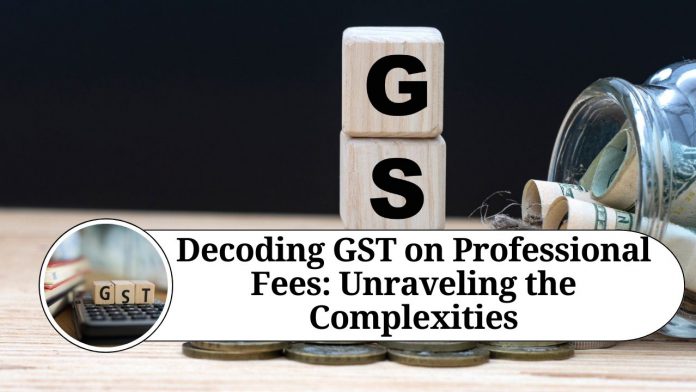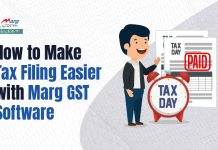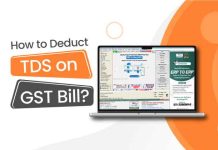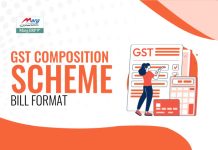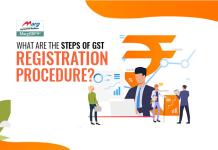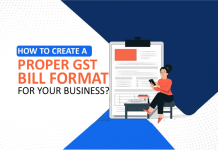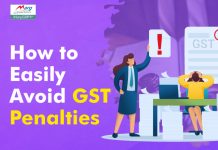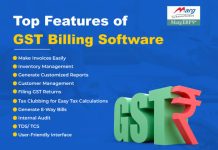Introduction
The Goods and Services Tax (GST) regime has brought about a significant transformation in the Indian taxation system. It has streamlined various indirect taxes and introduced a unified tax structure across the country. One aspect that often perplexes professionals and businesses alike is the applicability of GST on professional fees. In this blog, we will delve into the intricacies of GST on professional fees, demystifying the complexities and providing clarity on the subject.
Understanding Professional Fees:
Professional fees refer to the charges levied by individuals or entities for their specialized services or expertise. These services can encompass a wide range of professions, such as legal, accounting, consulting, medical, architectural, engineering, and more. It is crucial to determine whether such fees are subject to GST or exempt from its purview.
Applicability of GST on Professional Fees:
The applicability of GST on professional fees depends on several factors, including the nature of the service provider, the recipient, and the type of service rendered. Let’s explore the different scenarios:
- Registered Professionals providing services to Registered Entities: If a registered professional, such as a chartered accountant or lawyer, provides services to a registered business entity, GST is applicable. The professional must charge GST on the fees rendered and issue a tax invoice. The recipient can claim input tax credit (ITC) on the GST charged, subject to fulfilling the necessary conditions.
- Registered Professionals providing services to Unregistered Entities: When a registered professional offers services to an unregistered individual or entity, the concept of reverse charge mechanism (RCM) comes into play. Under RCM, the recipient of the services becomes liable to pay GST directly to the government instead of the professional charging it. However, the professional must still issue a tax invoice with the applicable GST rate mentioned.
- Exempt Services: Certain professional services are exempted from GST. Examples include healthcare services provided by medical professionals, educational services, and services provided by individuals or entities with an annual turnover below the threshold limit prescribed by the government. It is essential to identify whether the service falls under the exempt category to determine the GST applicability accurately.
Documentation and Compliance:
To ensure compliance with GST regulations, professionals offering services for a fee must fulfill certain obligations:
- Registration: If the annual turnover of a professional exceeds the threshold limit specified by the government, they must register for GST. Registration enables the professional to charge GST on their services and claim eligible ITC.
- Tax Invoices: Professionals should issue tax invoices to their clients, clearly mentioning the details of the services provided, including the GST charged. The invoice should comply with the prescribed format and contain the GSTIN (GST Identification Number) of the professional and the recipient.
- GST Returns: Registered professionals need to file periodic GST returns, such as GSTR-1, GSTR-3B, and GSTR-9, providing details of their sales, purchases, and tax liabilities. Timely and accurate filing of returns is crucial to maintain compliance with GST regulations.
Conclusion
The application of GST on professional fees involves a nuanced understanding of the GST laws and the specific circumstances surrounding the service provision. Professionals and businesses must familiarize themselves with the GST provisions to determine their tax obligations accurately. By understanding the nature of the services provided, the recipient’s GST registration status, and the applicable exemptions, professionals can navigate the complexities of GST on professional fees and ensure compliance with the regulations.
Other Related Blogs: Section 144B Income Tax Act
Frequently Asked Questions (FAQs)
Q1: Is GST applicable on all professional fees?
A1: No, GST is not applicable on all professional fees. Certain services, such as healthcare, education, and services provided by individuals or entities with an annual turnover below the threshold limit prescribed by the government, are exempt from GST. It is important to determine whether a particular service falls under the exempt category or not.
Q2: If I am a registered professional providing services to a registered business, how do I charge GST on professional fees?
A2: As a registered professional providing services to a registered business entity, you need to charge GST on your professional fees. You should issue a tax invoice to the recipient, clearly mentioning the details of the services provided, including the applicable GST rate. The recipient can claim input tax credit (ITC) on the GST charged, subject to fulfilling the necessary conditions.
Q3: What is the reverse charge mechanism (RCM) in relation to professional fees?
A3: The reverse charge mechanism (RCM) comes into play when a registered professional provides services to an unregistered individual or entity. Under RCM, the recipient of the services becomes liable to pay GST directly to the government instead of the professional charging it. However, the professional still needs to issue a tax invoice with the applicable GST rate mentioned.
Q4: Do I need to register for GST if I provide professional services for a fee?
A4: If your annual turnover exceeds the threshold limit specified by the government, you are required to register for GST. Registration enables you to charge GST on your services and claim eligible input tax credit (ITC). It is important to monitor your turnover and comply with the GST registration requirements accordingly.
Q5: What documentation and compliance requirements are associated with GST on professional fees?
A5: To ensure compliance with GST regulations when providing professional services for a fee, you need to fulfill certain obligations:
- Register for GST if your annual turnover exceeds the threshold limit.
- Issue tax invoices to your clients, clearly mentioning the details of the services provided, including the GST charged.
- File periodic GST returns, such as GSTR-1, GSTR-3B, and GSTR-9, providing details of your sales, purchases, and tax liabilities.
Complying with these requirements will help you maintain accurate records and meet your GST obligations.
Q6: Can I claim input tax credit (ITC) on GST paid for expenses related to my professional services?
A6: Yes, as a registered professional, you can claim input tax credit (ITC) on GST paid for expenses related to your professional services, such as office rent, equipment purchases, and professional development expenses. However, certain conditions must be met to claim ITC, including possession of valid tax invoices and compliance with the provisions of the GST law.

